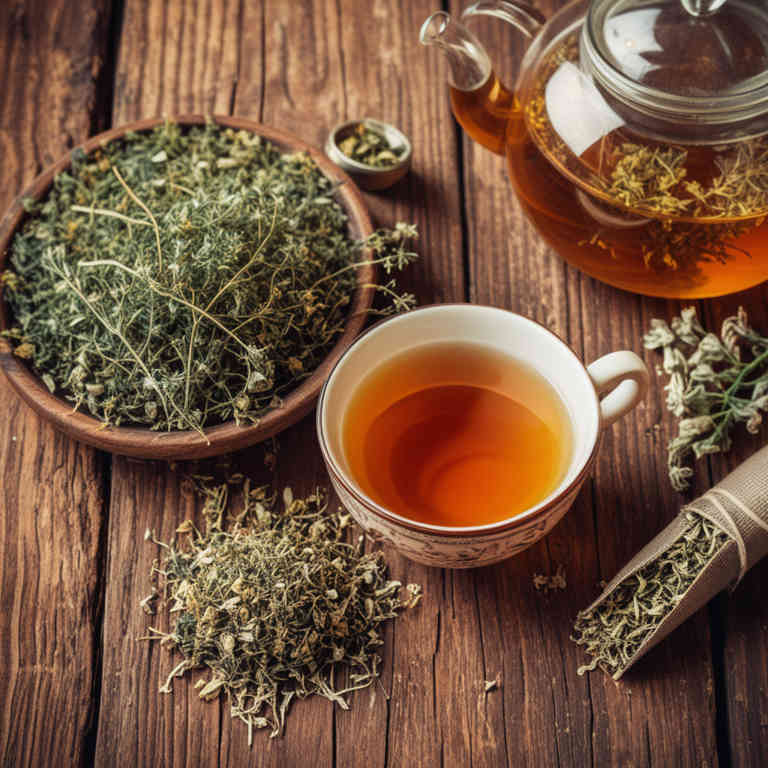Coriandrum sativum tea for medicinal use

Coriandrum sativum tea is a herbal preparation made from the dried seeds of the coriander plant, commonly known as cilantro or Chinese parsley.
This tea is traditionally used in herbalism to support digestion, relieve gas, and ease nausea due to its carminative and antispasmodic properties. It is also valued for its potential to reduce inflammation and support liver function. In some cultures, it is consumed to promote respiratory health and as a natural remedy for colds and coughs.
The tea is often prepared by steeping the seeds in hot water and can be enjoyed alone or combined with other herbs for enhanced benefits.
Uses
Coriandrum sativum tea has been used to promote digestive health and relieve gastrointestinal discomfort for centuries.
Historically, it was valued in ancient Egypt, Greece, and Rome for its medicinal properties and was often used to treat ailments like indigestion and bloating. In traditional medicine systems such as Ayurveda and Chinese medicine, coriander tea has been employed to balance the body's energies and support overall well-being. Modern research suggests that it may have antioxidant and anti-inflammatory properties, making it a popular remedy for stress relief and immune support.
Today, it is widely consumed as a natural tea to aid digestion, reduce nausea, and enhance the flavor of herbal infusions.
Benefits
Coriandrum sativum tea has health benefits such as aiding digestion, reducing inflammation, and supporting immune function.
It contains compounds like linalool and terpinene that contribute to its calming and antioxidant properties. This tea may help alleviate symptoms of bloating and gas due to its carminative effects. It is also known to promote healthy skin and may assist in managing stress and anxiety.
Regular consumption of coriander tea can contribute to overall well-being when consumed in moderation.
Constituents
Coriandrum sativum tea active constituents include compounds such as terpenes, flavonoids, and essential oils, which contribute to its therapeutic properties.
These components have been shown to possess antioxidant, anti-inflammatory, and antimicrobial effects. The tea is commonly used to support digestive health and relieve symptoms of bloating and gas. Additionally, it may help in reducing stress and promoting relaxation due to its calming properties.
Overall, Coriandrum sativum tea is valued for its diverse range of health benefits supported by its natural active constituents.
Preparation
To make Coriandrum sativum tea, start by gathering fresh or dried coriander seeds.
Rinse the seeds under running water to remove any impurities. Place the seeds in a pot or heatproof container and add water, using a ratio of about 1 teaspoon of seeds per cup of water. Bring the mixture to a boil, then reduce the heat and let it simmer for 10 to 15 minutes.
Strain the tea into a cup and enjoy it either hot or cold, optionally adding a touch of honey or lemon for flavor.
Side Effects
Coriandrum sativum tea may lead to gastrointestinal discomfort, including nausea, vomiting, and diarrhea, especially when consumed in large quantities.
It can also cause allergic reactions in individuals sensitive to coriander, manifesting as skin rashes, itching, or respiratory symptoms. Long-term use may interfere with certain medications, such as blood thinners, due to its potential anticoagulant properties. In some cases, it may contribute to hormonal imbalances, particularly in women, due to its phytoestrogen content.
It is important to consult a healthcare professional before using coriandrum sativum tea, especially for pregnant or breastfeeding women and those with existing health conditions.